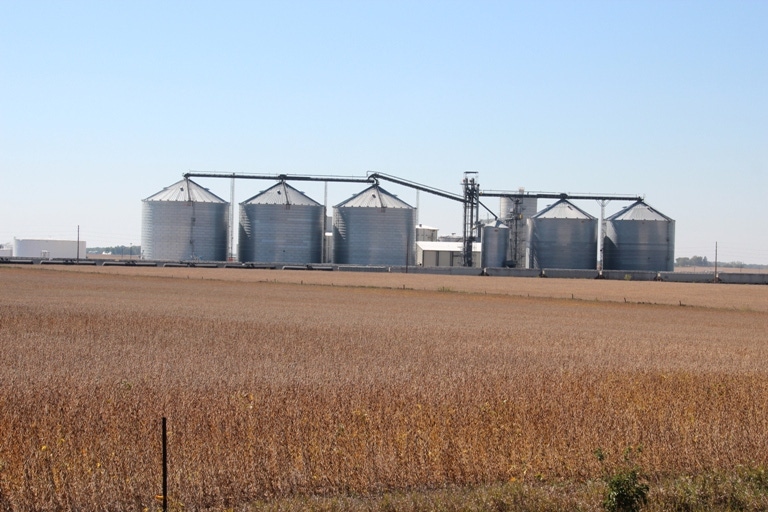A new study from the Food and Agricultural Policy Research Institute (FAPRI) suggests that a full waiver of the Renewable Fuel Standard (RFS) might reduce corn prices by just 0.5% ($0.04 per bushel) in 2012-2013.
October 5, 2012

A new study from the Food and Agricultural Policy Research Institute (FAPRI) suggests that a full waiver of the Renewable Fuel Standard (RFS) might reduce corn prices by just 0.5% ($0.04 per bushel) in 2012-2013.
The study found that corn ethanol production might slip by just 1.3% with a waiver in 2012-2013, while corn available for livestock feed might increase just 0.6%.
In addition, the study found that a waiver of the RFS would have no effect on retail beef prices in 2013, and might shave just 1 cent per pound off retail pork prices.
The Renewable Fuels Association (RFA), which released the information today, said the new FAPRI study adds to the body of evidence suggesting that a waiver of the RFS would not significantly impact feed prices.
“The new FAPRI study is just the latest in a series of recent reports that show waiving the RFS would not have the types of impacts claimed by the livestock groups and grocery manufacturers,” says RFA President Bob Dinneen. “The suggestion that an RFS waiver would significantly bring down feed prices and reduce retail meat prices is absolutely absurd. The only real impacts of a waiver would be to discourage farmers from planting corn next spring and to interrupt and delay important investments in new feedstocks and advanced biofuels technologies.”
FAPRI analyzed the impact of a full waiver of the RFS on corn prices, corn demand, ethanol output, imports and exports and numerous other agriculture and biofuel market factors. The report found a waiver of the RFS might reduce corn used for ethanol by just 1.3% in 2012-2013 and reduce corn prices from $7.87/bu. to $7.83/bu. In the following marketing year (2013-2014), corn use for ethanol might drop 6.6% and corn prices might decrease 3.2%, according to FAPRI.
But the RFA says that data for 2013-2014 is based on the questionable assumption that RFS credits (called RINs) would still be generated during the period of a waiver and allowed to roll forward for compliance in 2013-2014.
To view the full report, visit http://www.fapri.missouri.edu/outreach/publications/2012/FAPRI_MU_Report_11_12.pdf.
You May Also Like



